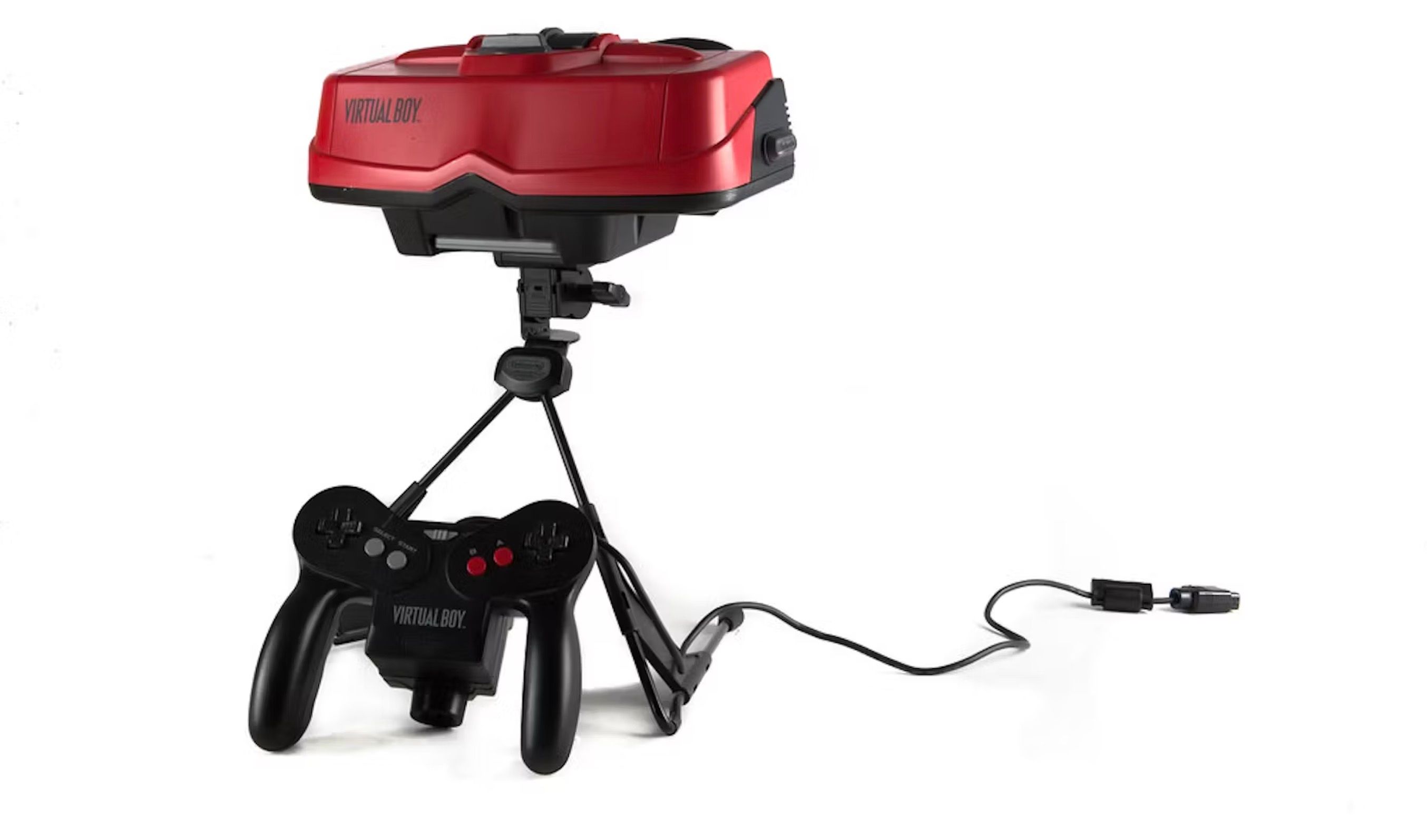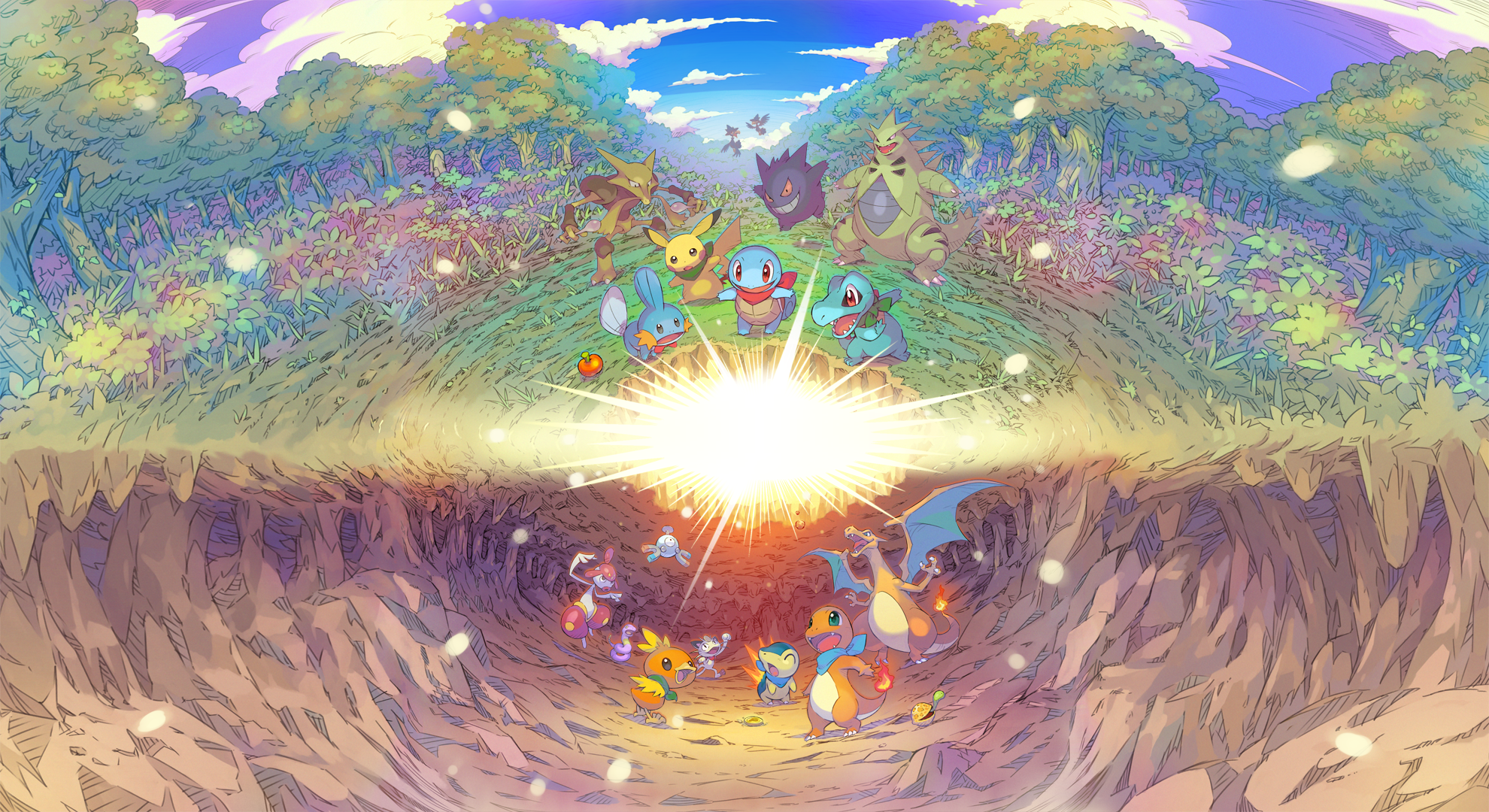Deryck Whibley of Sum 41 performs at Scotiabank Arena during their final show of the Tour of the Setting Sum in Toronto, on Jan. 30, 2025. The Ajax, Ont. band is one of many music acts profiled in a forthcoming book about the influence of Canadian artists on the punk scene.Andrew Lahodynskyj/The Canadian Press
The haters started coming for Matt Bobkin and Adam Feibel moments after they introduced their new book to the internet. There were expletives, scare quotes and at least one insistence that some of the musicians chronicled by In Too Deep: When Canadian Punks Took Over the World – such as Avril Lavigne, Sum 41, Simple Plan and Marianas Trench – were better suited for adult-contemporary radio.
Books we’re reading and loving now
The definition of punk has been fluid since even before the Ramones and the Sex Pistols rewired rock’s potential in the mid to late seventies, but each new iteration has been met with obsessive fans eager to demean anyone who veers from their personal interpretation of the genre. The result has been exhausting and, frankly, absurd: Questioning authority is imbued in punk’s nature, and generations of gatekeepers insist on being the very authority they otherwise claim to hate.
In Too Deep, then, is both a reframing and reclaiming of punk’s story, in which Bobkin and Feibel underscore how Canadian artists employed differing schools of thought within the genre to find global success, starting in the late nineties. Sum 41 burst out of Ajax, Ont., to stand on the shoulders of Green Day and blink-182 and make pummelling pop-punk that could fill arenas. Alexisonfire and Silverstein helped rewire the boundaries of punk’s post-hardcore wing. Avril Lavigne may have been a pop star, but she subverted punk’s male-dominated industry and expectations to get there.
“It’s inherent to the scene that punk rock is for the underground – and it always starts in the underground, but if it outgrows that, it’s because it’s good,” Feibel said over vegetarian nachos with Bobkin in Toronto, a couple of weeks before In Too Deep‘s June 3 release by House of Anansi Press.
We met at Sneaky Dee’s, a restaurant and venue with a strong punk history that is also a place where you can sometimes find customers in suits. Which is to say, it’s used punk as a launchpad to become bigger and more sustainable, just like the bands Bobkin and Feibel chronicle in their book. On that Friday afternoon, there were even posters up for a Sum 41 cover band called – groan – Sum 416.
Feibel, 33, who has played in bands since he was 14, found himself obsessing over many of the artists that are featured in In Too Deep as he came of age. Bobkin, 31, found solace in Green Day, whose 2004 opus American Idiot “channelled loneliness into community,” though he accidentally became an “indie-rock guy” until much more recently.
They didn’t know each other well before In Too Deep began percolating. At the turn of this decade, Bobkin was features editor at Exclaim! magazine, a long-running centrepiece of Canadian music media, and Feibel was a contributor. They began chatting on Twitter (now X) about the subversiveness and critical potential of Toronto band Billy Talent.
As Bobkin looked through Exclaim!’s digital archive, he discovered that the magazine’s reviews of the band had been largely negative. Same with its coverage of Sum 41. Both acts had emerged at a moment when indie rock tended to dominate critical conversations.
A generation later, music criticism had become more open-minded. Waves of “emo revival” essays regularly racked up up thousands of words and readers; Canadian journalists Josiah Hughes and Sam Sutherland spent years reviewing every single blink-182 song for their absurdist blink-155 podcast. With times changed, Bobkin assigned Feibel to write a 15th-anniversary retrospective on the album Billy Talent II.
The morning after it ran in June, 2021, an idea shot across Bobkin’s mind, and he raced to compose an e-mail to Feibel. “Nobody has written a book about Canada’s rich (and still resonant) trove of pop-punk (and adjacent) acts,” he wrote. “Why not us?”
Within three hours, they’d already locked in the title.
Thus began several years of interviewing and writing. The result, In Too Deep, explores the breadth of punk’s potential and pratfalls: the bubble popping on B.C. band Gob’s brief major-label pop-punk career; the pop pivot of Vancouver’s Marianas Trench; the ways Fefe Dobson, a Black artist from Toronto, struggled to have her sound taken as seriously as her white contemporaries.
Few of these artists make music like the others. Punk is simply a through line, or starting point, for the music they’ve created. In Too Deep treats punk’s sonic diversity and broad appeal with care and respect, cementing Canada’s key role in bringing the genre to the masses, haters be damned.
“Punk is the nucleus,” Bobkin says. “Punk is what tied everyone together.”










